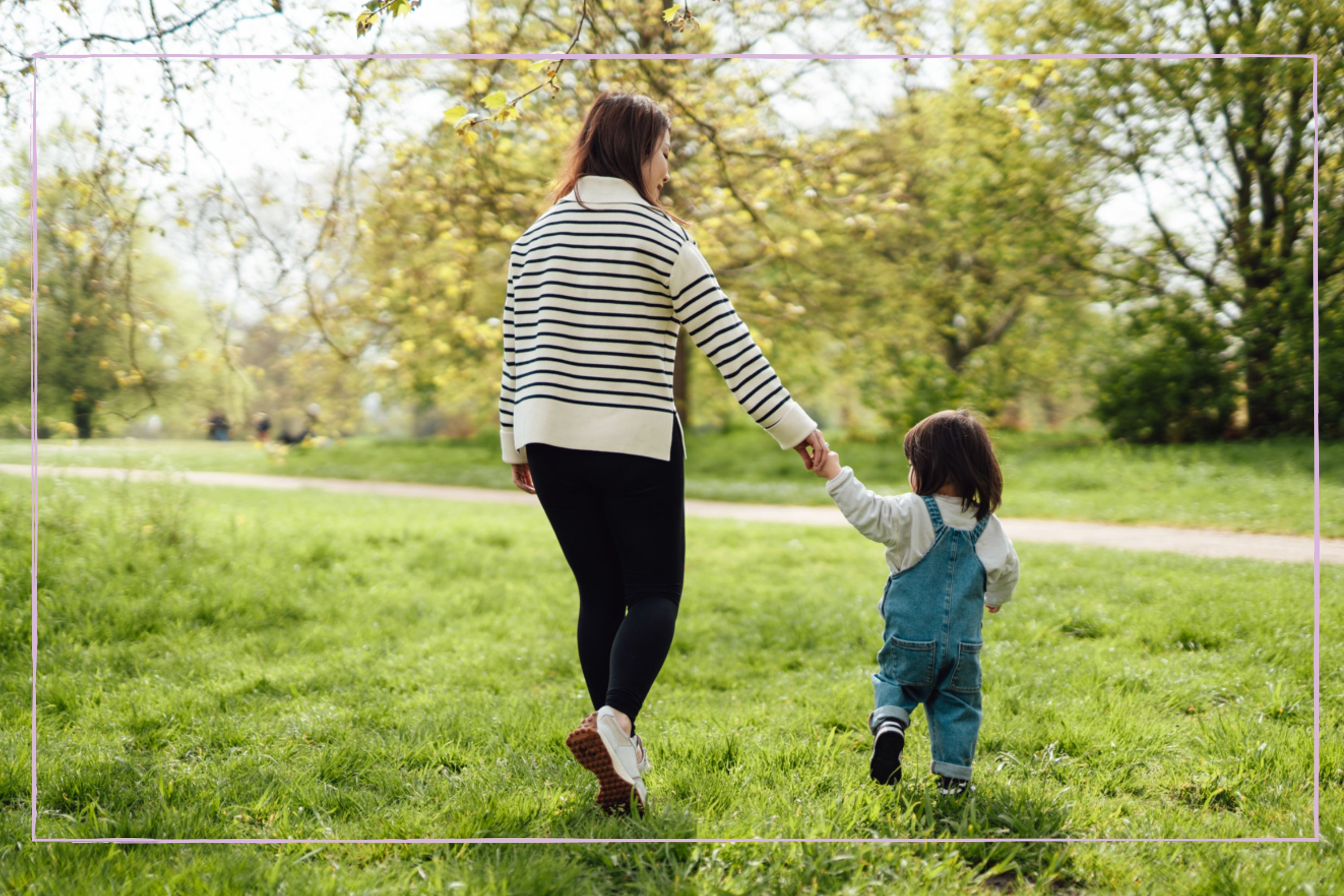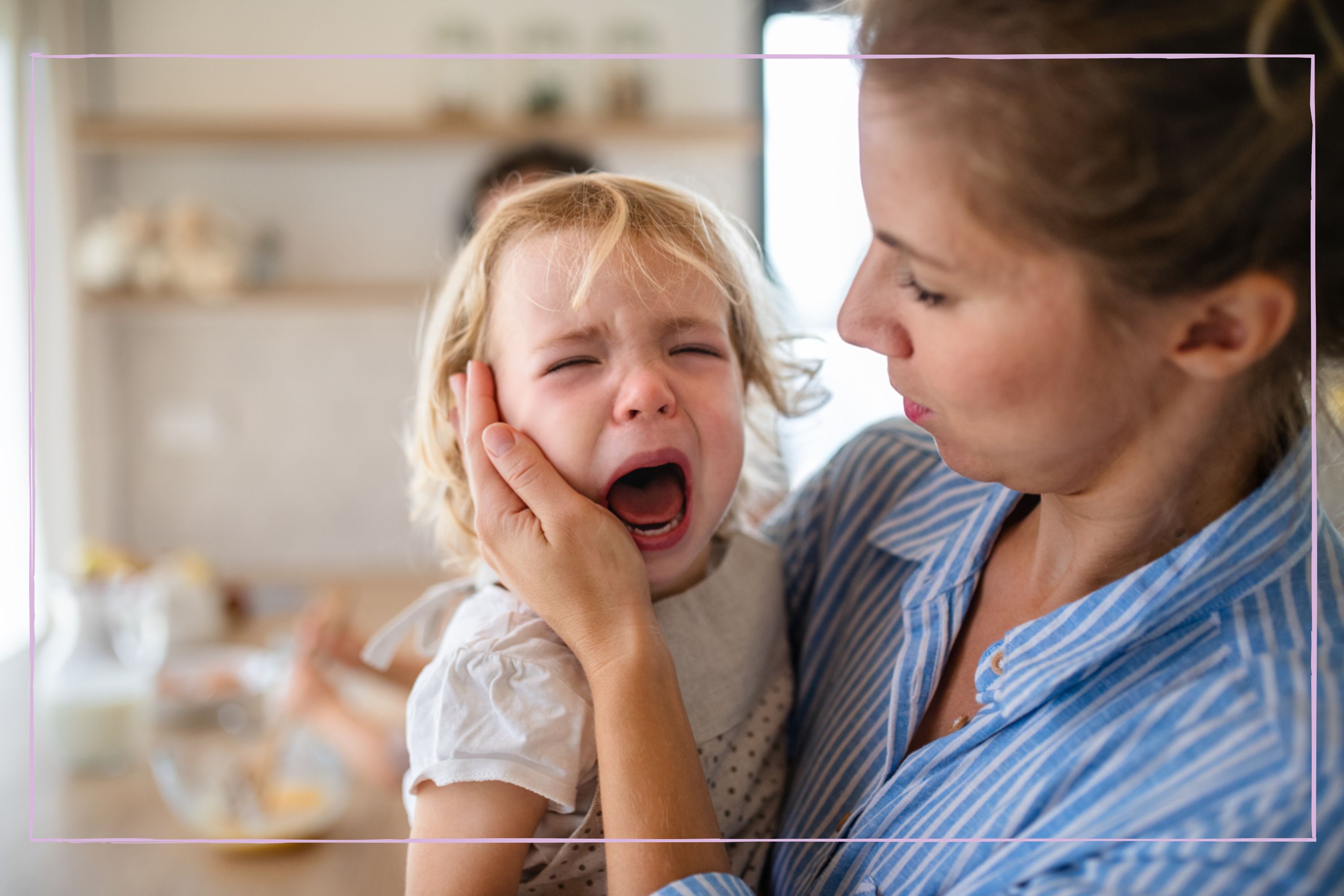The 'incredibly helpful' 30-second rule – liked by nearly 2 million people – that your kid needs to know about
This useful piece of advice is worth remembering for all of us, not just our children

If someone can’t change something about themselves in under 30 seconds, it’s best not to mention it, one teacher advises her students.
We want to instill positive traits in our children, that allow them to grow up into healthy, well-rounded adults. From how to raise happy kids, to confident and resilient kids, parents often seek resources to help their children be the best version of themselves.
You can do this in many ways, but implementing simple rules to help kids be kind is a good place to start instilling good habits. One such kindness rule has proved popular on social media in recent weeks, with almost two million likes on Instagram so far, and it’s so easy to remember. It’s well worth showing your children – and we can keep it in mind as adults, too!
Natalie Ringold, an elementary school teacher in Minnesota, posted a video of herself explaining the rule to her class. In the clip, she says, “If somebody can’t change something about themselves in 30 seconds or less, then you shouldn’t be mentioning it to them.”
For example, telling someone that their shoes are untied or their trousers are unzipped is kind and helpful, because they can solve the problem in under 30 seconds before going about their day again. In contrast, says Ringold, “If you comment on someone’s hair colour, or hair texture, or hairstyle, or body, they cannot change that in 30 seconds or less.
A post shared by Ms. Natalie Ringold 🍎 Elementary Teacher (@always.upper.elementary)
A photo posted by on
She compares making comments about things people can’t change to squeezing toothpaste out of the tube – you can’t take them back and undo your actions, just as you can’t put toothpaste back in the tube. “It’s very messy,” she explains, “You can’t totally take those words back.”
It seems obvious, and makes perfect sense, but we’ve all made a comment at one time or another that could have hurt somebody. So, it’s a good rule to show your children – it might make them consider how they use their words, and what they say to the people in their lives.
GoodtoKnow Newsletter
Parenting advice, hot topics, best buys and family finance tips delivered straight to your inbox.
Ringold also writes in her caption that it’s important to make things right by apologising when you make a mistake – if someone’s feelings get hurt, it’s not the end of the world, and while you can’t take back what’s been sent, an apology will go some way to making them feel better.
In related news, child psychologist Dr Becky explains how to support a child with ‘explosive’ emotions, while if you’re raising an anxious kid, here are six things that mental health experts want parents to know. We’ve also got six signs, identified by a child expert, that you’re raising an emotionally intelligent child, as well as three tips to set screen time boundaries from parenting experts.
Adam is an experienced writer who regularly covers the royal family and celebrity news for the likes of Goodto, The List, The Metro, and Entertainment Daily. However, you can also find Adam covering relationships, mental health, pet care, and contributing to titles such as Creative Bloq.
-
 What is ‘sturdy parenting’? Child psychologist Dr Becky explains the benefits of this technique
What is ‘sturdy parenting’? Child psychologist Dr Becky explains the benefits of this techniqueIf you're at a loss when it comes to disciplining your kids, sturdy parenting might help - and it's approved by child psychologist Dr Becky.
By Ellie Hutchings Published
-
 3 tips to set screen time boundaries from parenting experts Dr Becky Kennedy and Professor Emily Oster - and #1 is an important reminder
3 tips to set screen time boundaries from parenting experts Dr Becky Kennedy and Professor Emily Oster - and #1 is an important reminderStruggling to set screen time boundaries with your kids? Parenting experts Dr Becky Kennedy and Professor Emily Oster have shared three top tips.
By Ellie Hutchings Published
-
 Could 'lazy parenting' be the next big thing? 2 psychologists share why it can be beneficial for development, but not everyone agrees
Could 'lazy parenting' be the next big thing? 2 psychologists share why it can be beneficial for development, but not everyone agrees'We need more lazy parents' and here's why, according to two child psychologists
By Ellie Hutchings Published
-
 Parents, do you know what H.E.L.P. stands for? Psychologists swear by this acronym to navigate those tough parenting moments we all face
Parents, do you know what H.E.L.P. stands for? Psychologists swear by this acronym to navigate those tough parenting moments we all faceRemember: Halt, Empathy, Limits, Proximity...
By Ellie Hutchings Published
-
 Sticker charts 'don't work in the long run' says psychotherapist - try these 8 tips to teach kids intrinsic motivation instead
Sticker charts 'don't work in the long run' says psychotherapist - try these 8 tips to teach kids intrinsic motivation insteadOne expert has explained eight things you can do as a parent to help your child develop intrinsic motivation - and it means abandoning the sticker chart.
By Ellie Hutchings Published
-
 Reflective parenting could help your teenager manage their big emotions, new research shows - here are 5 steps to try
Reflective parenting could help your teenager manage their big emotions, new research shows - here are 5 steps to tryThe teenage years are tough for everyone involved. But research has suggested that an approach known as 'reflective parenting' can be the key to reconnecting.
By Ellie Hutchings Published
-
 These 5 'game changing' phrases can teach your children about the mental load, according to a psychologist - and it could set them in good stead for adulthood
These 5 'game changing' phrases can teach your children about the mental load, according to a psychologist - and it could set them in good stead for adulthood"Change at home can change society"
By Ellie Hutchings Published
-
 'You can quit... but not today' - the game-changing words to use when your kid wants to give up a sport, according to an Olympic gold medallist
'You can quit... but not today' - the game-changing words to use when your kid wants to give up a sport, according to an Olympic gold medallistOlympic gymnast Nastia Liukin has shared the words her parents told her whenever she wanted to quit - and you can use them too.
By Ellie Hutchings Published